Grits’ new campaign director has the resumé and respect needed to right sinking Liberal ship, say former staffers
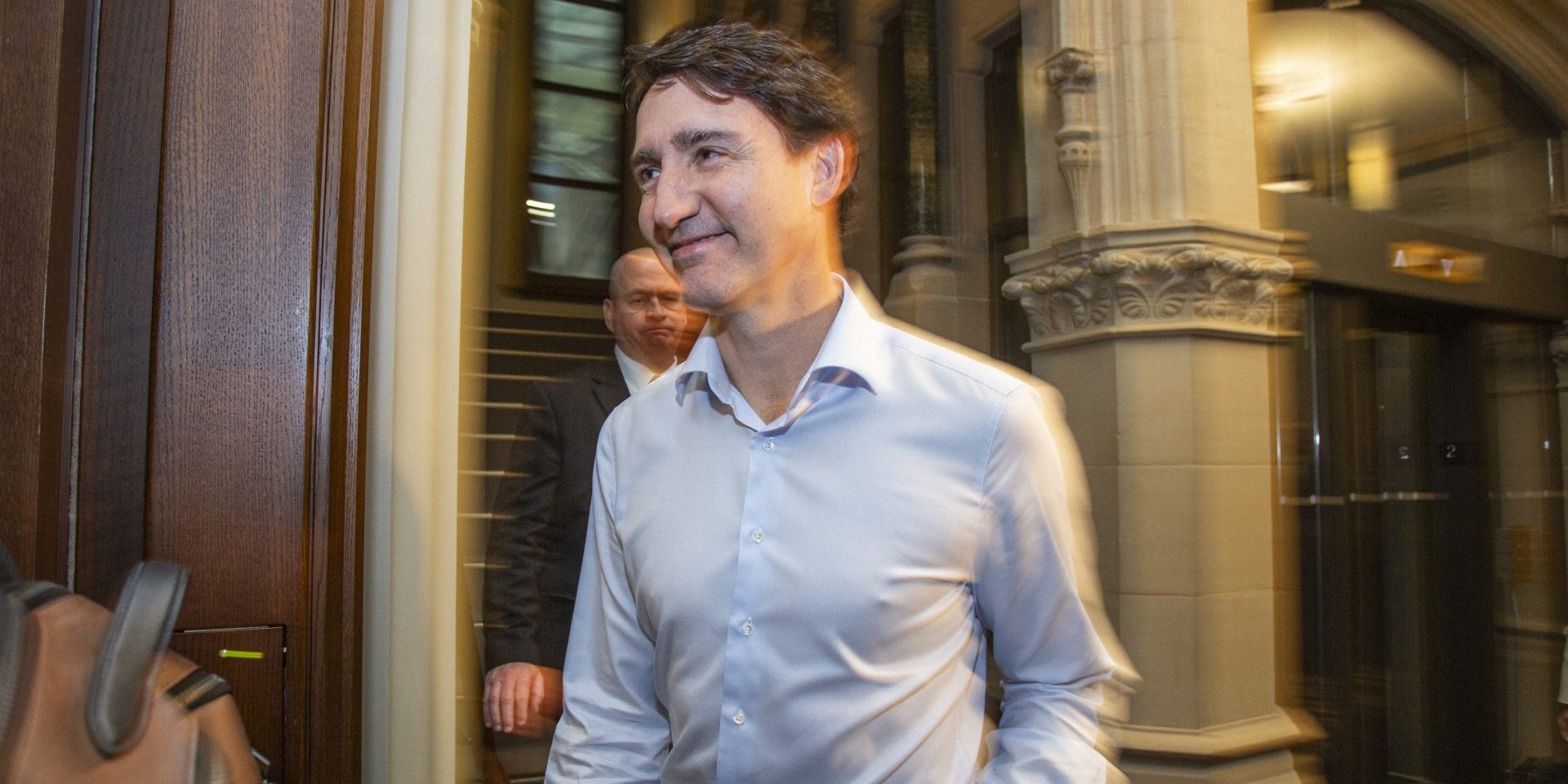
Charting the Liberal Party’s course in the next election will require a “seasoned, experienced, and competent” political navigator willing to go down with the ship, former Liberal staffers and insiders told The Hill Times. But with the S.S. Trudeau foundering in the polls, they say the Liberals’ newest national campaign director will need all three decades of his experience—both successful and not—to chart a path forward “and figure out which direction is up.”
Prime Minister Justin Trudeau (Papineau, Que.) named Andrew Bevan, who is chief of staff to Deputy Prime Minister Chrystia Freeland (University–Rosedale, Ont.), to the role on Oct. 13, replacing Liberal campaign director Jeremy Broadhurst who resigned in September. The party also announced that Marjorie Michel, Trudeau’s deputy chief of staff, will serve as deputy campaign director.
Previously, Bevan served as chief of staff and principal secretary to former Ontario premier Kathleen Wynne, and as director of communications for Stéphane Dion’s bid for Liberal leader in 2006 before becoming his chief of staff and principal secretary in opposition from 2007 to 2008.
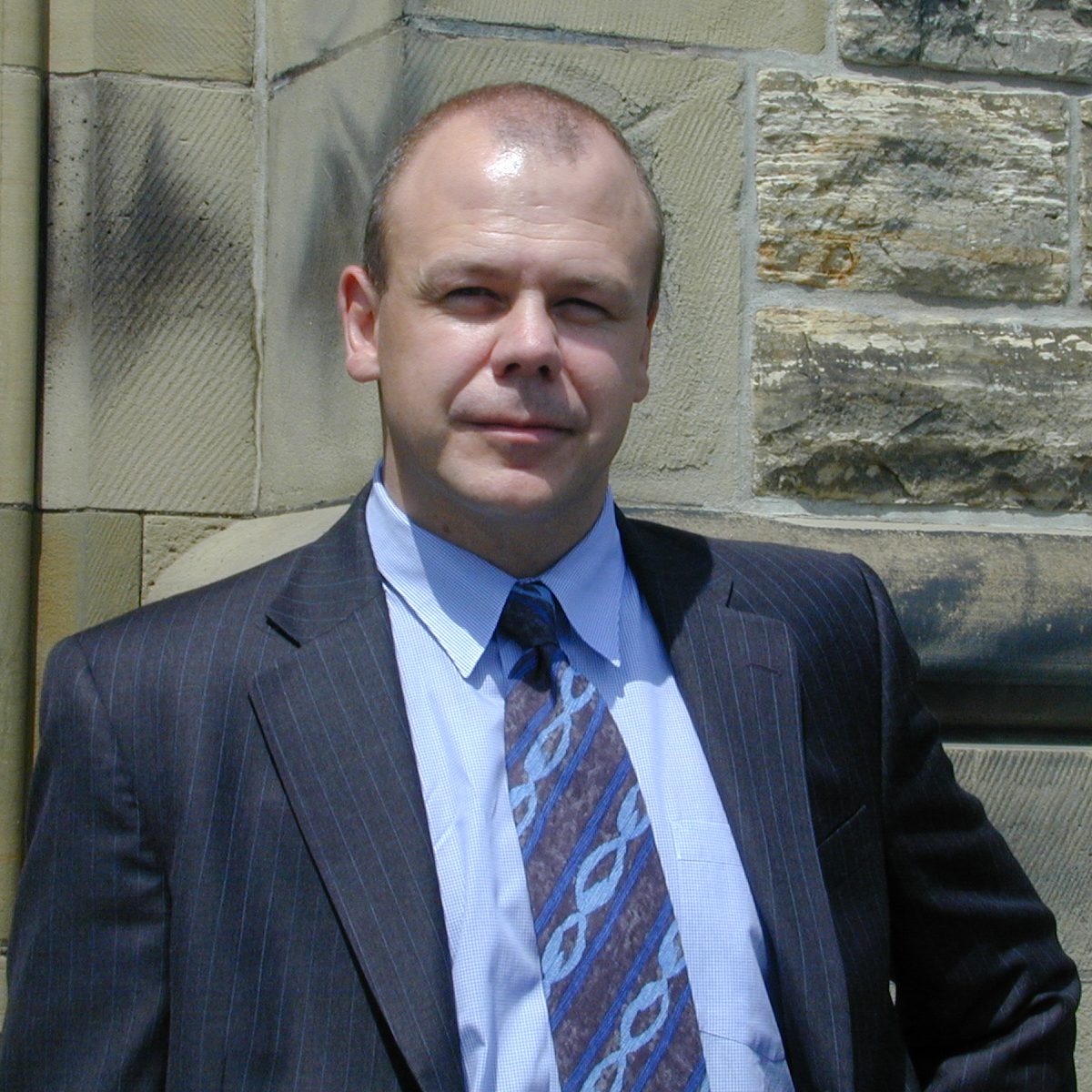
When Broadhurst publicly announced his resignation on Sept. 5, he cited the toll his more than two decades and five national campaigns with the party had taken on himself and his family, and said the Liberals deserved someone who could “bring more energy and devotion to the job than I can at this stage of my life.”
Broadhurst had served as the Liberal Party’s national director from 2013 to 2015 before joining the Prime Minister’s Office after the 2015 federal election. He was then named national campaign director ahead of the 2019 election.
Despite the recent turnover, the Liberal Party “began planning and preparing for the upcoming campaign the day after winning the 2021 election,” Liberal director of communications Parker Lund said in a statement to The Hill Times.
Lund said that alongside appointing national campaign and platform committee chairs and naming its campaign director and deputy, the party has trained more than 3,000 volunteers and 27 Campaign Colleges this year, and has nominated 116 candidates. Additionally, he said the party achieved its “best September” for digital fundraising outside of an election year.
In November 2023, the Liberal Party named Tourism Minister Soraya Martinez Ferrada (Hochelaga, Que.) and MP Terry Duguid (Winnipeg South, Man.) as co-chairs of its national campaign committee. Last month, it named MP Mona Fortier (Ottawa–Vanier, Ont.) as the national platform committee chair.
In a statement to The Hill Times, Duguid described Bevan and Michel as “ smart, strategic, and very experienced,” with “a reputation for getting things done.”
“[Martinez Ferrada] and I, as [co-chairs], have absolute confidence that they will ensure the Liberal team is ready for an election whenever it arrives,” Duguid wrote.
While the party had faced criticism for the delay in naming Broadhurst’s replacement, the news of Bevan’s appointment was somewhat overshadowed by a group of caucus members organizing a call for Trudeau’s resignation.
During the same national caucus meeting on Oct. 23 when those dissatisfied MPs expressed their concerns about the party’s election readiness and chances while Trudeau remains the leader, Bevan was reportedly meant to make his first presentation about the upcoming campaign.
Exiting the caucus meeting, Liberal MP Nathaniel Erskine-Smith (Beaches–East York, Ont.) said Bevan had previously informed him of “a plan” he intended to deliver that day, “but obviously, other events overran that, for good reason.”
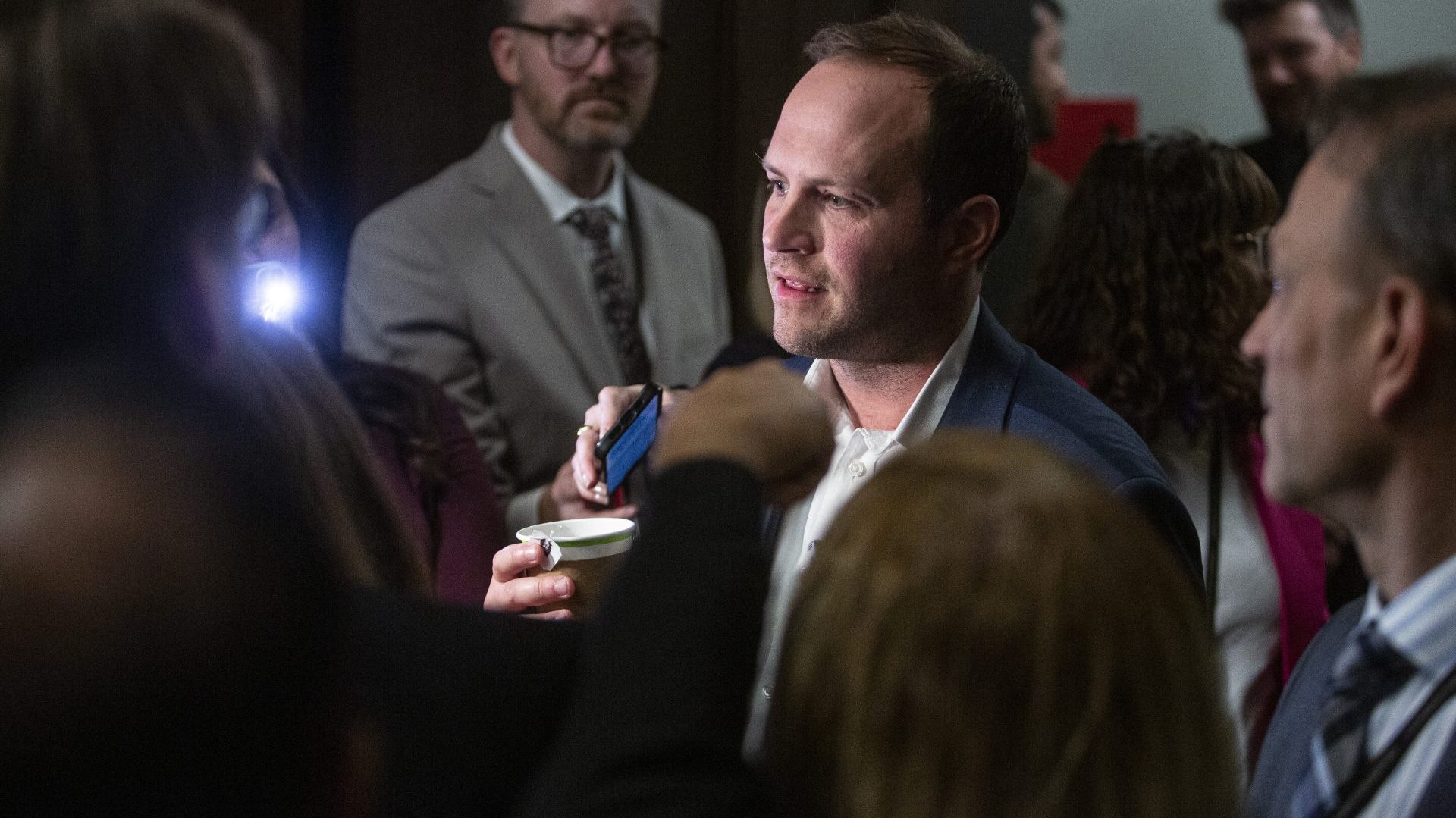
“I have confidence there is a plan. I look forward to discussing it,” Erskine-Smith said, adding those discussions most likely wouldn’t occur in front of reporters. “I look forward to dealing with that plan and speaking to colleagues about [it.]”
However, Erskine-Smith is seemingly less confident in the lack of political advertising compared to the spending from the Conservative Party and Leader Pierre Poilievre (Carleton, Ont.).
“Last year, the Conservatives spent $9-million on ads; we spent $300,000. Good luck to us fighting that fight,” Erskine Smith said, adding that he still believes “there’s absolutely a path forward where [Trudeau] can turn things around.”
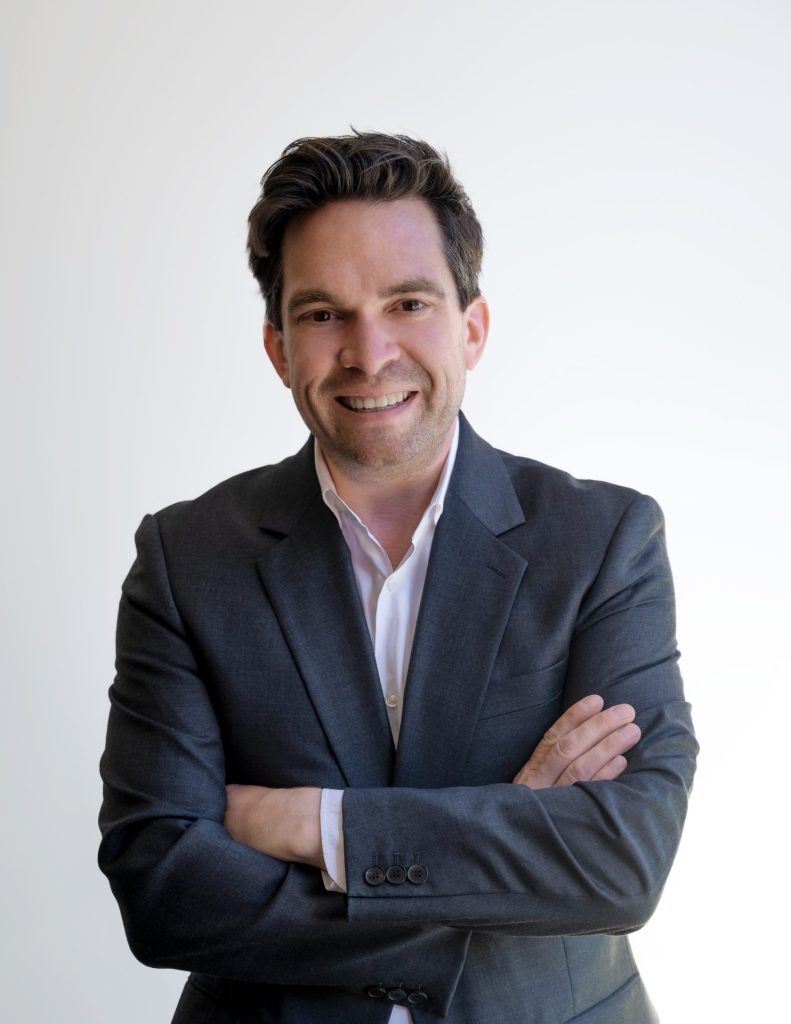
Former Liberal ministerial staffer Olivier Cullen told The Hill Times he’s grateful Bevan was the one to volunteer to chart that course for the Liberals.
“They’ve replaced one extremely seasoned, experienced, and competent political operator with another,” explained Cullen, now a director with Blackbird Strategies.
“[Bevan] is exactly the type of person they need: he’s well-liked and respected among caucus, and he put his hand up,” said Cullen. “[The Liberals] have a big job to get done, and now they have somebody to take it on.”
Additionally, while some might view Bevan’s experience at the helm of losing campaigns as a mark against him, Cullen said that means Bevan will have a realistic and experienced expectation of the party’s current chances in the next election, and will be able to act accordingly.
“He’s not going to be going in there overly optimistic; he knows where the party stands,” Cullen explained. “He knows that we’re down, and I’m sure he’s already working very diligently to figure out what direction is up.”
While Cullen said he would have preferred to have seen Broadhurst’s replacement named earlier, he chalks that up to the usual pace of decision-making during his time working for the government.
“That’s just how this government functions,” Cullen explained. “You wait to do something until there isn’t any time left because you’re constantly chasing and doing what is most critical at that moment.”
Angelo Bakoulas, a board member with the Liberals’ Ottawa Centre riding association and a senior consultant with Bluesky Strategy Group, told The Hill Times that while the party certainly could have moved faster to appoint Bevan, he also believes there is a lot more work the party is doing and has already done internally that isn’t appreciated by the public or some in caucus.

Until recently, a primary concern “behind the scenes” had been how to best position the party for next year in the lead-up to the Canadian election in the context of an “extremely hostile White House” after the U.S. federal election on Nov. 5, Bakoulas said.
“Until basically July, most people were assuming that Donald Trump was fully going to win the White House in November, but that has obviously changed quite significantly since then,” Bakoulas explained. “Should they have been a bit faster to pivot since Kamala Harris became the nominee? Probably … but I do think that it’s not exactly helpful for those processes when you have people making demands within the caucus, and then those demands leak.”
Former Liberal staffer Muhammad Ali told The Hill Times that while the caucus intrigue may have delayed Bevan’s first presentation, with the latest round of drama mostly “put to bed,” he expects those presentations to become a standard practice going forward.
As The Hill Times reported, Bevan is expected to make that first presentation at the Liberals’ Oct. 30 caucus meeting.
Ali said those presentations will be vital in providing the caucus with the “needed awareness” of the party’s election “big picture.”
“Bevan’s got the necessary capabilities and experience that go with running tough re-election bids,” Ali explained. “His ability to see the bigger picture is all there, and I think that will be helpful for the Liberals as they try to map out what has worked, and what hasn’t.”
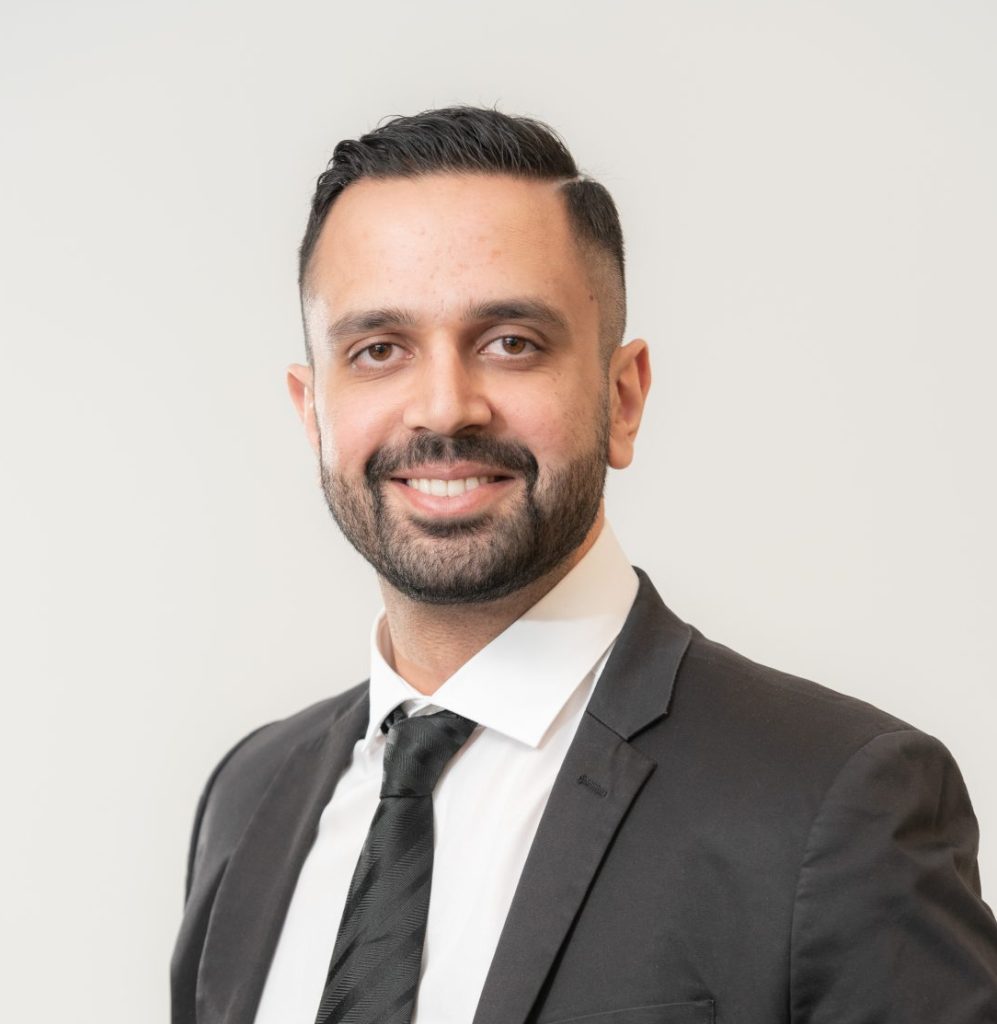
Ali said he believes that now that caucus has aired its grievances, the discussion about the campaign will help focus its attention and “get people’s heads back on track to what they need to work toward.”
“Despite all the hoopla … around leadership and the caucus meeting, I think much of it has been put to bed now,” Ali said. “That will help bring the focus back on getting ready for the election … prevent a Conservative win, and retain power as a Liberal government.”
While Bakoulas said he isn’t sure Bevan’s selection will satisfy those dissenting caucus members who may wish to see Trudeau ousted as leader, he doesn’t believe the two are necessarily connected.
While his appointment may have been made public alongside the push to call for Trudeau to step down over the Thanksgiving weekend, Bakoulas said he believes the timing is accidental.
“The decision had been made; they just hadn’t announced it yet,” Bakoulas said, adding that there had been internal rumours about the appointment before that weekend.
While some of the disaffected caucus members had also previously called for “fresh blood” to help turn things around—including senior staffing changes in the PMO and deputy prime minister’s office—former Liberal ministerial staffer Greg MacEachern told The Hill Times he believes more caucus members are aligned with Erskine-Smith, and are still waiting for what they asked for at their London, Ont., caucus retreat in 2023: improvements in communications and advertising.

“They haven’t seen that yet,” added MacEachern, now a principal with KAN Strategies.
As to improving party communications more broadly, MacEachern noted that Bevan is mainly responsible for what he views as “the most interesting” innovation in party communications in recent Canadian politics: the pre-budget rollout.
Before the 2024 financial plan was tabled on April 16, Trudeau and Freeland crossed the country making announcements about key initiatives, such as a young mental health fund, and billions of dollars in defence spending.
While the rollout may not have had much of an impact on the party’s standing in the polls, MacEachern said a fairer metric to judge its success is how Canadians and the opposition received those budget policies.
“Canadians really liked those policies, and they haven’t really become fodder for the [Conservatives] either,” MacEchern explained, adding that during the pre-budget period, the Liberals were “setting the agenda and the topic for the day or the week, which hadn’t happened in a long time.”
“Bevan deserves a lot of credit for that,” MacEachern said.
MacEachern, who has known Bevan since their days working for ministers in the government of then-prime minister Paul Martin, explained that Bevan is “upfront” about both the wins and losses on his campaign record, but considering the challenge the federal Liberals currently face, “it’s good to have somebody with that much experience.”
“He has a strong personal network, and he’s well liked,” MacEachern said, adding that the latter may be more important than his resumé.
“People he will approach may be more likely to help him—when they otherwise may have stepped back—because of who he is and how he has conducted himself over his past three decades in Liberal politics.”
The Hill Times






 LICENSING
LICENSING PODCAST
PODCAST ALERTS
ALERTS













